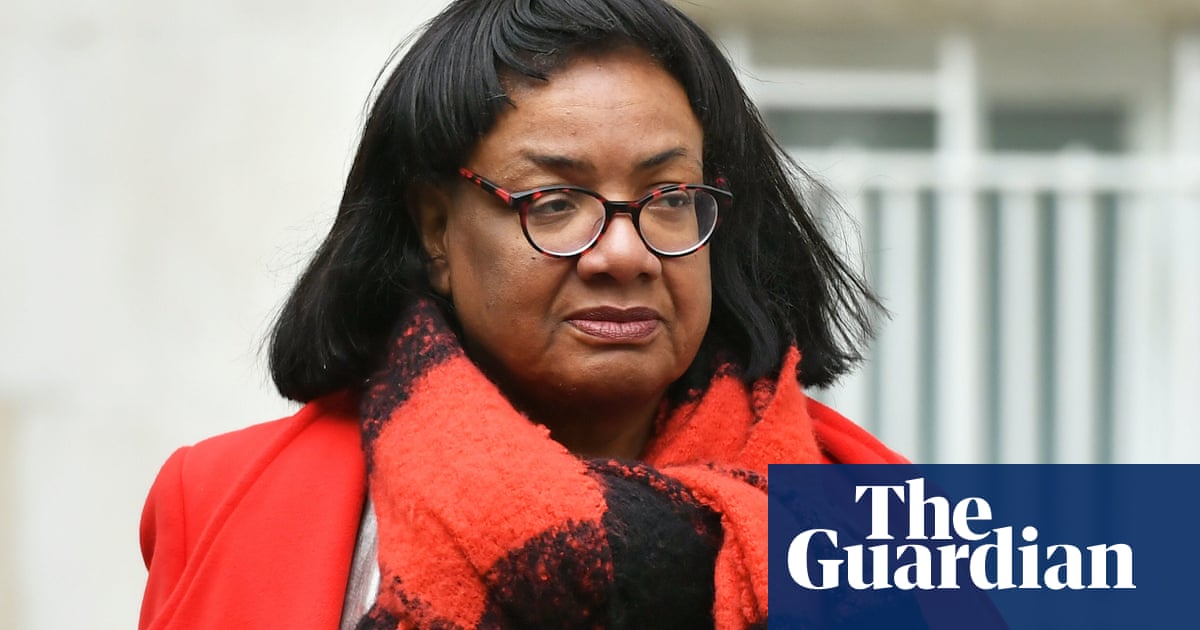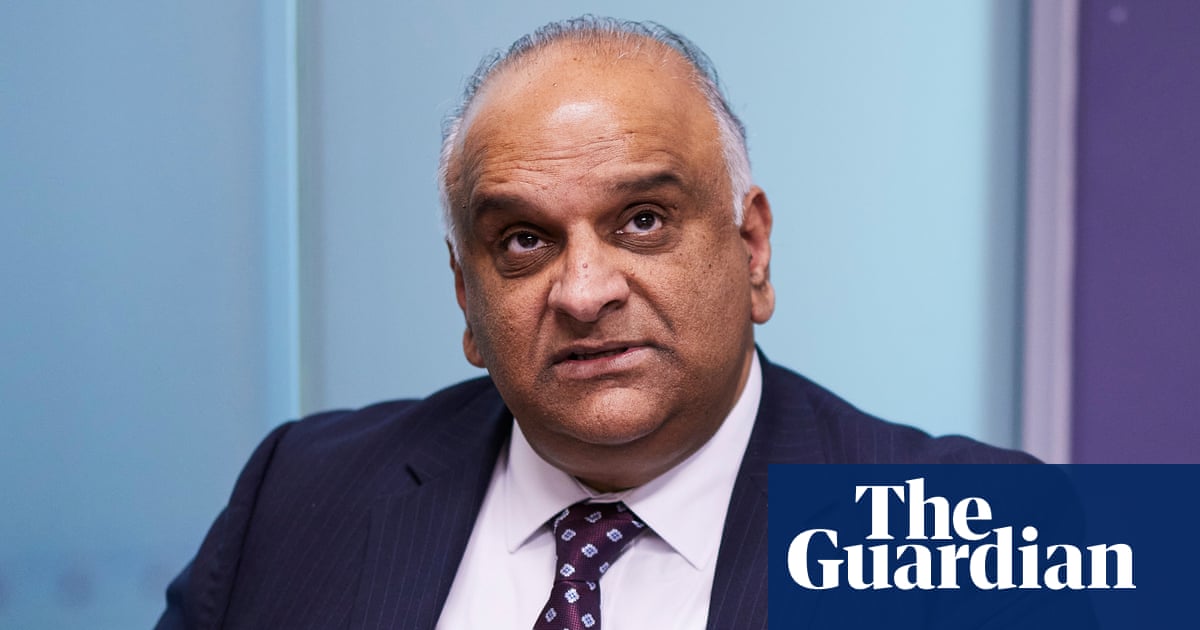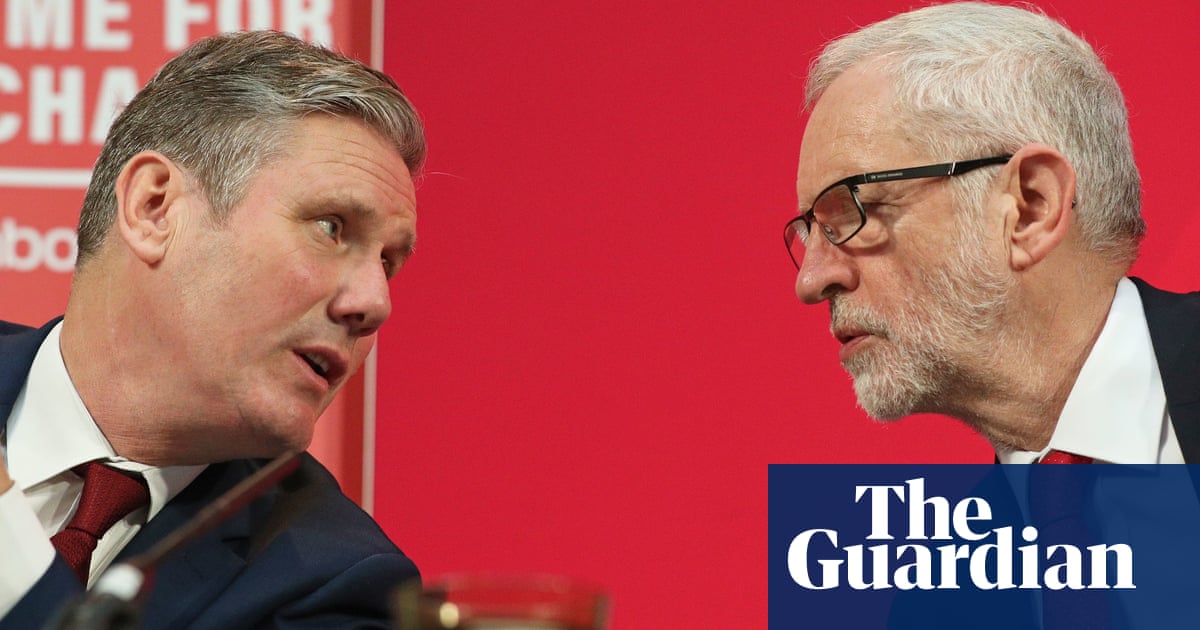
The Labour party has apologised “unreservedly” and paid out a six-figure sum to seven former employees and a veteran BBC journalist, admitting it defamed them in the aftermath of a Panorama investigation into its handling of antisemitism.
The settlement and formal apologies to both the reporter, John Ware, and the ex-employees, which have been read in open court, is believed to have cost the Labour party around £600,000, with about £180,000 in damages agreed for the eight individuals.
The former Labour leader Jeremy Corbyn said he was disappointed by the settlement, calling it a “political decision” and said it “risks giving credibility to misleading and inaccurate allegations about action taken to tackle antisemitism in the Labour Party in recent years.”
The settlement is believed to be an unprecedented case of a political party libelling a journalist and former employees.
Labour conceded it had made defamatory and false allegations against the litigants in the light of their interview with the Panorama programme Is Labour Antisemitic?, broadcast last July.
It agreed to retract and withdraw accusations that the whistleblowers were motivated by their opposition to the party’s former leader Jeremy Corbyn and had “political axes to grind” and its accusation that Ware had conducted “deliberate and malicious misrepresentations designed to mislead the public”.
In a four-page agreement statement made in relation to the former staff’s libel action read out in court 37 of the high court, it said: “The Labour party is here today to publicly set the record straight, and to apologise to the claimants for the distress and embarrassment that it has caused them.”
To Ware, it said in a three-page statement: “The defendant is here today to set the record straight and to apologise unreservedly to Mr Ware.”
Both statements disclosed that “substantial damages” were being paid out while at the same time pointedly referring to the Labour party being led by Corbyn at the time the libel occurred. The apology was handed down after Corbyn and his former head of communications, Seumas Milne, sought legal advice over its wording. Allies of Corbyn believe the case could have been successfully contested.
Louise Withers-Green, one of the whistleblowers who worked in the party’s complaints department, said the former employees had endured a torrent of abuse since the programme had aired.
“It feels like it is closing a chapter where the libel against us has been retracted, but this is only a first step for the party in beginning to tackle antisemitism,” she told the Guardian.
“I had never expected the party to welcome the Panorama programme with open arms. But I had been expecting them to take responsibility in the long-term for what was happening and truly want to take action. I never expected we would be called bad faith actors.”
She added: “I didn’t see, I still don’t see, that there was another option or another route to clear my name,” she said. Most important was the apology, she said.
“I think politically the apology means a significant amount. And I think, personally, it’s certainly a turning point.”
The comprehensive apology and retraction will be read in some quarters as an attempt by the current Labour leader, Keir Starmer, to draw a line under the episode in the party’s recent history.
A Labour spokesman said the party acknowledged the “many years of dedicated and committed service to the party” that the ex-staffers had given.
“Under the leadership of Keir Starmer and Angela Rayner, we are committed to tackling antisemitism within the Labour party. Antisemitism has been a stain on the Labour party in recent years,” the spokesman said. “It has caused unacceptable and unimaginable levels of grief and distress for many in the Jewish community, as well as members of staff.
“If we are to restore the trust of the Jewish community, we must demonstrate a change of leadership. That means being open, transparent and respecting the right of whistleblowers. We are determined to deliver that change.”
In a statement condemning Keir Starmer for the decision to settle, Corbyn said: “Labour party members have a right to accountability and transparency of decisions taken in their name, and an effective commitment from the party to combat antisemitism and racism in all their forms.
“The party’s decision to apologise today and make substantial payments to former staff who sued the party in relation to last year’s Panorama programme is a political decision, not a legal one.”
In the programme, eight whistleblowers, seven of whom then sued the party, broke non-disclosure agreements to tell the BBC that they felt fatally undermined by senior Labour bosses in their attempts to tackle antisemitism, alleging consistent interference in complaints.
The ex-staffers, Withers-Green, Sam Matthews, Kat Buckingham, Dan Hogan, Ben Westerman, Martha Robinson, and Michael Creighton, worked in the Labour party’s governance and legal unit and were responsible for investigation of allegations of misconduct by party members.
The party said it accepted that a statement put out ahead of the broadcast “contained defamatory and false allegations about the whistleblowers”, which was sent to national newspapers and broadcasters, as well as “Jeremy Corbyn-supporting blogs and websites including the Canary, Skwawkbox and Novara Media and many individuals on social media platforms”.
Labour admitted it had wrongly accused one of the whistleblowers of “making a false and malicious statement” and accusing them of acting in “bad faith” and working to harm the Labour party.
“The Labour party acknowledges that these claims about the claimants are untrue, and we retract and withdraw them and undertake not to repeat them,” the statement said.
Lawyer Mark Lewis, of Patron Law, who represented Ware and the whistleblowers, said the case was “unprecedented”. Individual politicians had faced legal challenge by journalists they had libelled in the past, but “I cannot think of a case in which a political party was sued for libel”, he said.
“Labour chose to double down and attack the programme’s presenter, John Ware, and the whistleblowers rather than addressing the truth of the problem. It is ironic that the workers’ party chose to act as disgruntled bosses who had been caught out.”
Ware, 72, launched proceedings after being subjected to what he said was an avalanche of abuse and criticism by Corbyn supporters.
One year later, Labour admitted it had wrongly accused him of having “invented quotes, flouted journalistic ethics and that, in pursuit of a predetermined outcome to the question asked by the Panorama programme … [and] knowingly promoted falsehoods, including by misrepresentations of fact and, by fabricating facts”.
The party said it “unreservedly withdraws these allegations and is profoundly sorry for the distress caused by their publication and republication”.
Counsel for Labour, Mark Henderson of Doughty St, said the party also acknowledged the claims were untrue. “We retract and withdraw them, and undertake not to repeat them,” he said.
A BBC spokesperson said its journalism had been “subject to an extraordinary and vitriolic attack by the Labour party” and said the apology was long overdue.
“We applaud their strength to take this case forward and are pleased it has been recognised in court that these extremely serious and damaging allegations against them were false and have been unreservedly withdrawn. John Ware is a reporter with an extraordinary record of excellence at Panorama for investigative journalism in the public interest.”
Labour is awaiting the final publication findings of the Equality and Human Rights Commission’s (EHRC) investigation into allegations of institutional antisemitism. The party revealed this week it had received a draft of the report.
Many of the key individuals involved during the period under investigation, including the former general secretary Jennie Formby, Corbyn’s chief of staff, Karie Murphy, the head of complaints, Thomas Gardiner, and the director of communications, Milne, have now left their roles at the party.
The party is also set for further potentially damaging recriminations over a leaked internal report that detailed a “hyper-factional” environment that hampered complaints procedures because of hostility to Corbyn’s leadership.
Several of the whistleblowers involved in Panorama were named in the report, which is the subject of an independent review chaired by the QC Martin Forde.
In his statement, Corbyn said the report showed there was concern “about the role played by some of those who took part in the programme.”
“To give our members the answers and justice they deserve, the inquiry led by Martin Forde must now fully address the evidence the internal report uncovered of racism, sexism, factionalism and obstruction of Labour’s 2017 general election campaign.”
The Unite general secretary Len McCluskey also criticised the settlement. “Today’s settlement is a misuse of Labour party funds to settle a case it was advised we would win in court,” he said. “The leaked report on how anti-semitism was handled tells a very different story about what happened.”
In the statements read in court on Wednesday, the party said its apology in both cases was not intended to have any influence on the EHRC or Forde’s investigation.












